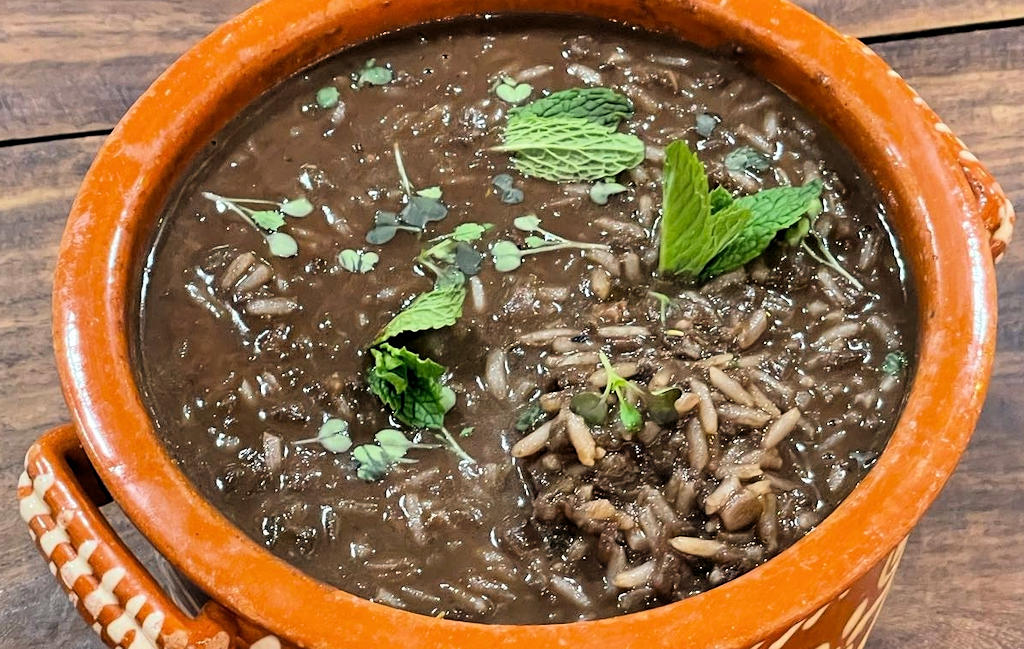The story of Cabidela unfolds like a captivating novel, showcasing the interplay of diverse cultures and influences that have shaped Portugal throughout its history. The Romans, Moors, Jews, and intrepid Portuguese explorers all played their part, bringing spices and ingredients from far-flung corners of the world. Cabidela stands as a testament to the nation's ability to embrace and integrate these influences into a harmonious and delectable creation.
More than a culinary masterpiece, Cabidela represents the ingenuity of the Portuguese people. Waste was never an option in times past, and every part of the animal was put to use. With limited resources and the need to adapt to different climates and conditions, the Portuguese discovered the art of transforming blood into a vital component of their cuisine. This ingenuity speaks volumes about their resilience and resourcefulness.
The significance of Cabidela extends far beyond its preparation and consumption - it is intertwined with the fabric of Portuguese life. It holds a special place in the hearts of families and communities, serving as a centerpiece for important occasions. Whether it be weddings, baptisms, festivals, or religious celebrations, Cabidela is a dish that brings people together, forging bonds and creating lasting memories. Its presence on the table evokes a sense of nostalgia, offering comfort and a connection to the warmth of home.
Cabidela's influence has traveled far beyond the borders of Portugal, reaching former colonies such as Brazil, Angola, Macau, Goa, and Mozambique. As it journeyed across the seas, it embraced the flavors and ingredients of these diverse regions, giving rise to new interpretations and variations of the dish. In Macau, for instance, duck replaces chicken as the star ingredient, while Brazil serves Cabidela with white rice as a delightful accompaniment. Goa adds an aromatic touch, infusing the dish with curry and coconut milk, and Mozambique enriches it with peanuts and cassava, creating a symphony of flavors that tantalize the taste buds.
Lisbon.vip Recommends
In conclusion, Cabidela is more than a sumptuous meal - it is a testament to the Portuguese spirit. Through its rich history, diverse variations, and the passion with which it is prepared and shared, Cabidela weaves a culinary tapestry that tells the story of a nation. It is an embodiment of tradition and innovation, a symbol of unity and connection across generations and borders. So, next time you savor the flavors of Cabidela, let it transport you on a journey through time, embracing the heritage and cultural identity that has made Portugal a culinary treasure trove.



